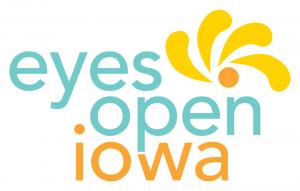This 5-week course is designed to give educators the skills and information they need to facilitate sex ed effectively. We will meet twice a week for 5 weeks and participants are expected to complete 15-30 minutes of pre-work before each live session. Click here to see a course overview.
By attending VSHEP 1.0, participants also gain access to members-only content on our website, as well as up to 10 office hours sessions for 1:1 support from an RSEI educator. Learn more about the support services we offer here(link is external).
RSEI is committed to providing affordable professional development for our communities. If the cost is prohibitive, please fill out our scholarship request form here(link is external).





